Developed by Experts, A Patented Formula Supporting Vitiligo Skin Health
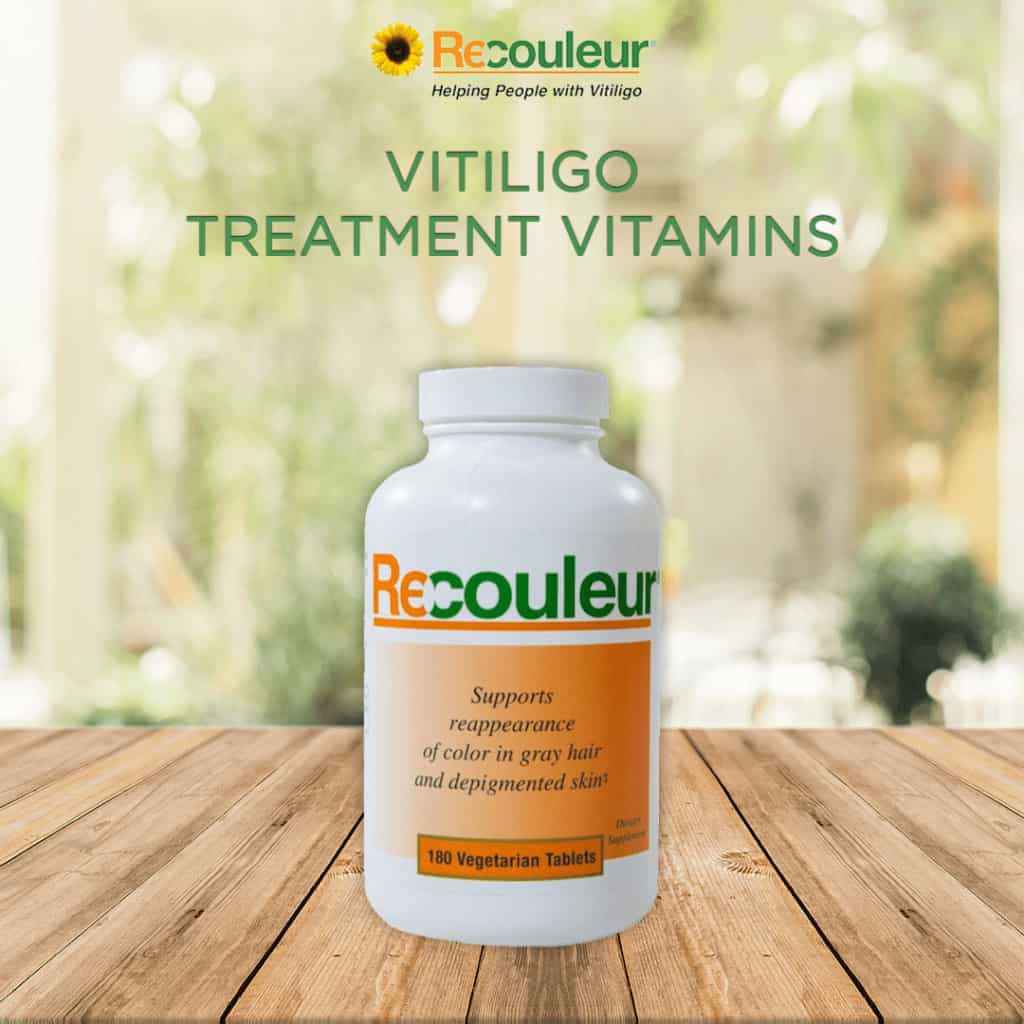
There is scientific evidence that people with vitiligo are short on vitamin C, vitamin B12, and folic acid. The relationship of vitamin C and folic acid has been reported in dermatological literature, most extensively by Montes, a world-renowned expert on the role of vitamins and nutrition in the treatment of vitiligo.
Vitamin C may protect against oxidative destruction caused by reduced folates in the body. Inadequate dietary intake of vitamin C may also lead to folic acid deficiency in people who have folate levels on the low end of normal. Moreover, vitamin C is necessary for complete metabolism of tyrosine, phenylalanine, and dihydroxyphenylalanine, key components of melanin production.
Some people have reported depigmenting when taking ultra-high doses of vitamin C, although it is considered unstable as an intentional depigmenting agent.
When used at ultra-high dosages, vitamin C interrupts key steps in melanogenesis. It interacts with copper ions at the tyrosinase-active site and inhibits action of the enzyme tyrosinase, thereby decreasing melanin formation.
Rather, it contains 60 mg of vitamin C – 100% of the Daily Value (DV). Supplementing with the recommended DV of vitamin C is particularly important for patients undergoing phototherapy because there is evidence that exposure to UV light depletes vitamin C levels.
Furthermore, vitamin C has proven antioxidant properties that limit damage from long-term exposure to UVA and UVB. UVA and UVB phototherapy are commonly used to treat vitiligo.
It can be administered through a dermatologist’s office, home phototherapy, or natural sunlight. Vitamins alone or in conjunction with phototherapy (combination therapy for vitiligo) can play a part in vitiligo’s repigmentation. Recouleur® Dietary Supplement contains C, B12, and folic acid making it easier to add to your vitiligo treatment.
In future blogs, we’ll delve into the other vitamins vitiligo sufferers typically lack. Next up: vitamin B12 followed by folic acid.
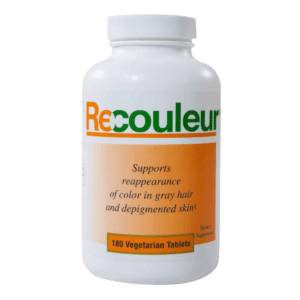
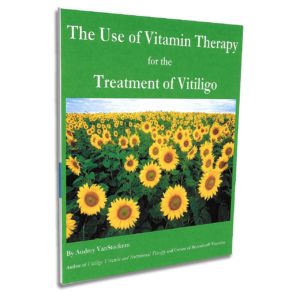
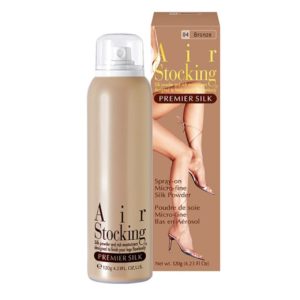

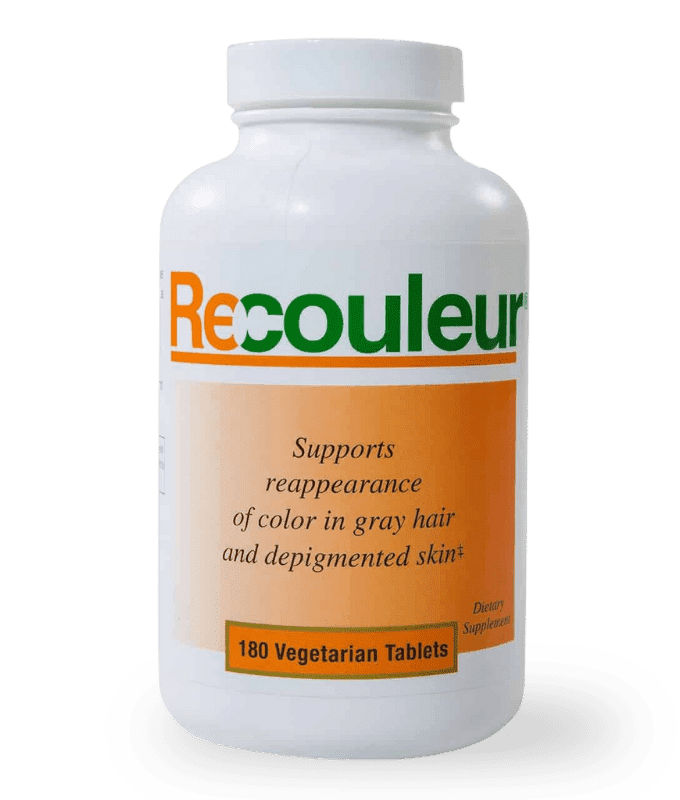
Sign up to receive Fill Me In™, the Recouleur® email newsletter with vitiligo tips, skin health news, and product specials.
©2025 | Privacy Policy | Refund and Return Policy | Site Map
6 Responses
vitiligo patients can eat orange and lemon and tomato. my 5yr kid eat too much tomato
Is there any problem?
Oranges, lemons, and tomatoes contain vitamin C and other good vitamins. Many people with vitiligo are low in vitamin C and other vitamins so consuming these foods is ok. Like anything, eat in moderation.
How much of each vitamin do you need if you taking them separately?
Folic acid and B12 need each other for biologic reactions. Taking one without the other could lead to pernicious anemia. Other supplement combinations could be dangerous if not balanced correctly. A list of Recouleur® ingredients is on our website at: https://recouleur.com/recouleur-vitamins-for-vitiligo-19
Is this available in Mercury drug store in the Philippines?
No it is not. You can buy Recouleur® Vitamins for vitiligo and our other vitiligo products through our web store. Enter your shipping address. We’ll ship your order to you in the Philippines.